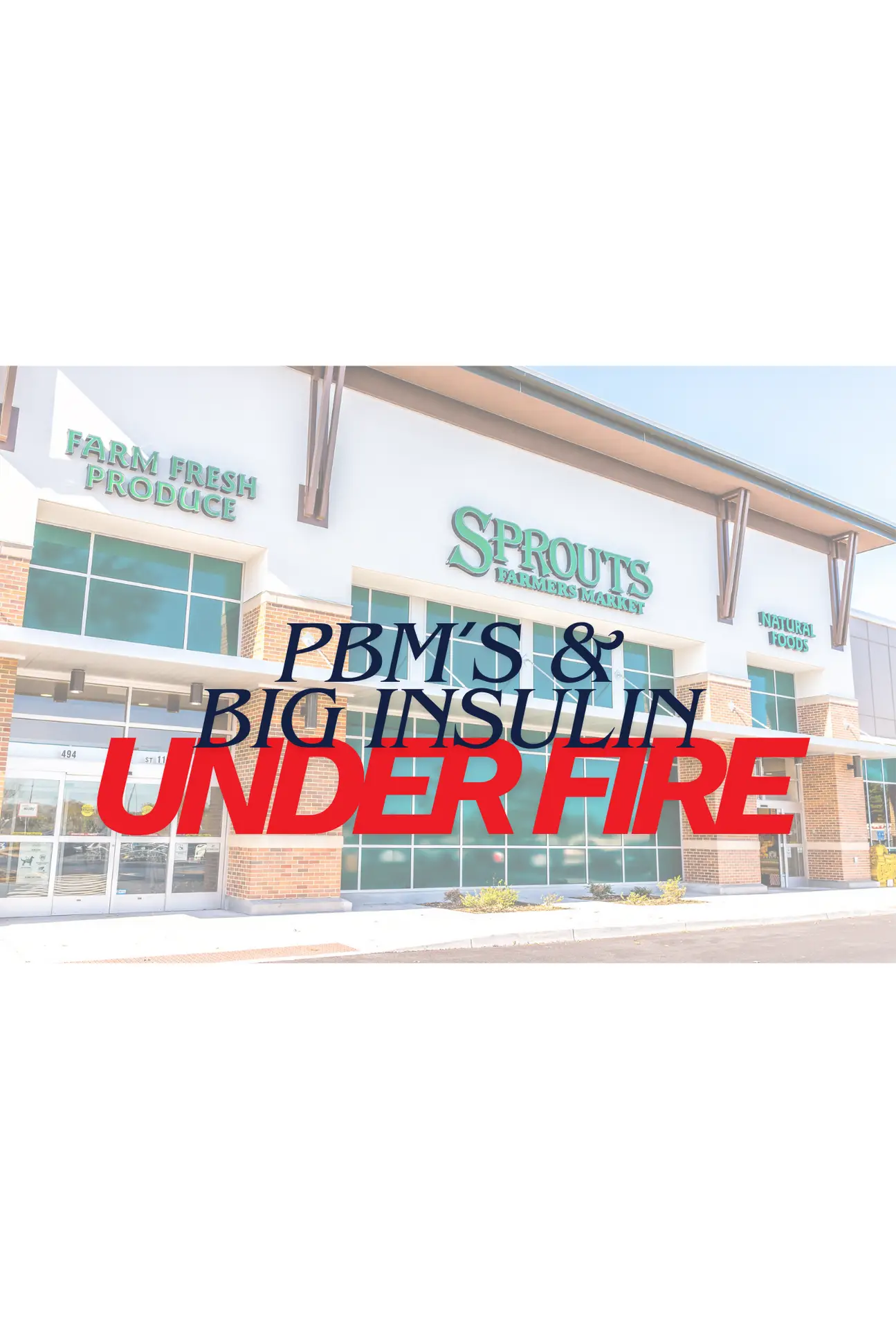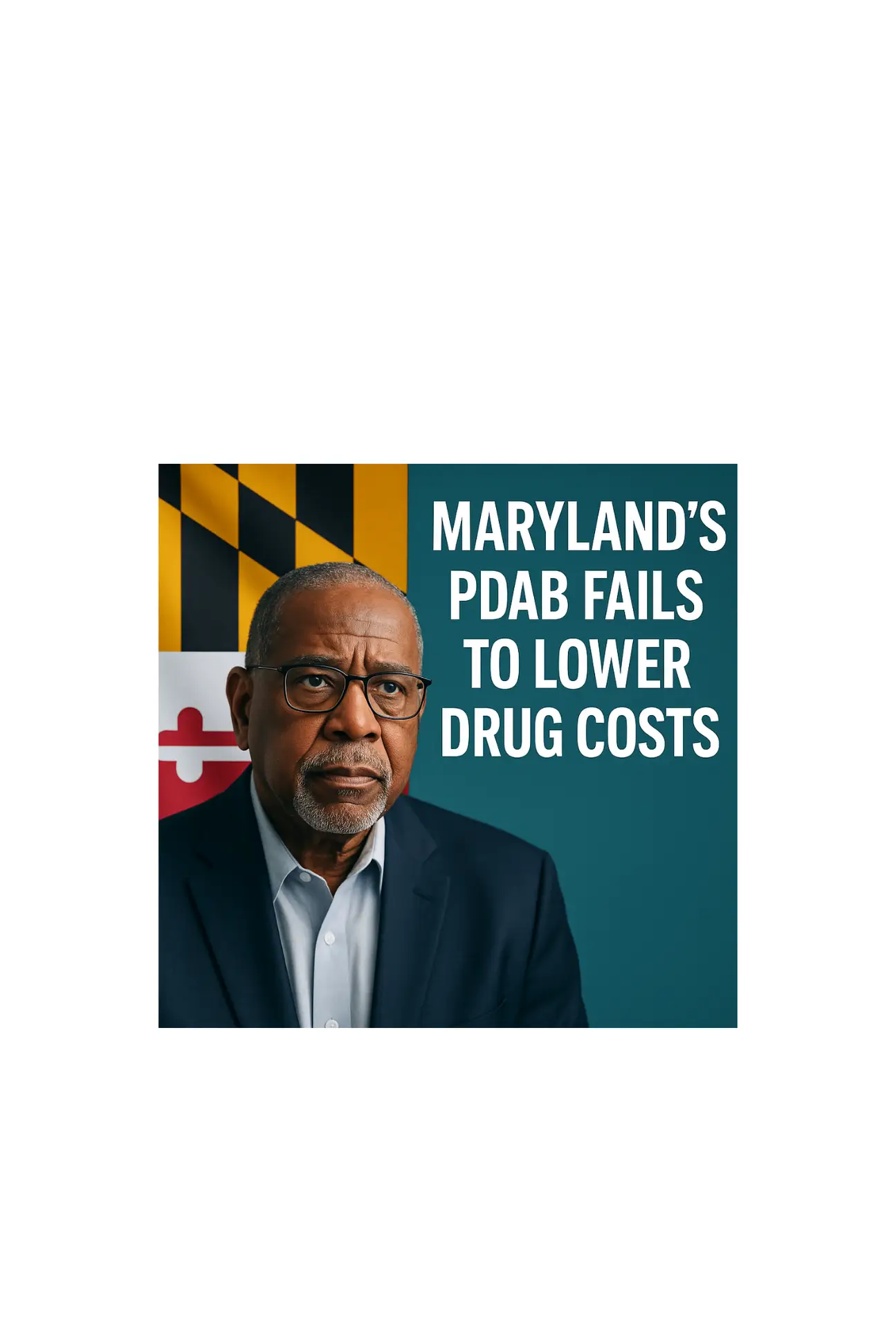HLTH Online Article – October 19, 2025
The HLTH Conference 2025 kicked off in Las Vegas with a fiery keynote from entrepreneur and investor Mark Cuban, who took direct aim at pharmacy benefit managers (PBMs), drug manufacturers, and wholesalers for driving up prescription drug prices. Cuban didn’t hold back, accusing industry leaders and policymakers of being “complicit” in enabling a broken system that hurts patients.
Mark Cuban Blasts PBMs and Middlemen
Cuban criticized the current model in which drug manufacturers sell at high list prices to wholesalers, who then pass inflated costs onto pharmacies and patients. He called PBMs a key part of the problem, noting that these middlemen profit from non-transparent rebates, spread pricing, and restrictive contracts that limit patient choice.
“If you’re a CEO signing PBM contracts, or a state approving an insurance plan tied to a PBM, you’re allowing this to happen,” Cuban said during his on-stage interview. “They’re doing exactly what you expect—maximizing earnings. We’re the ones allowing it to happen.”
Cost Plus Drugs: A Transparent Alternative
Cuban founded Cost Plus Drugs Company in 2022 to disrupt the prescription drug supply chain. His model bypasses PBMs and wholesalers by working directly with drug manufacturers. Every drug is sold at cost plus a 15% transparent markup, with no hidden fees.
“Trust equals transparency divided by self-interest,” Cuban explained. “By showing our costs, our markup, and nothing hidden, patients know they can trust us.”
The online pharmacy now offers over 2,300 generic prescription products, with pricing displayed clearly for consumers. The company has grown quickly as patients seek lower-cost, more transparent alternatives.
Why PBM Reform Matters
Cuban’s remarks echo what independent pharmacies and advocacy groups, including RescueMeds, have long said: PBMs are creating barriers to care and inflating drug costs. By controlling nearly 80% of prescription claims, the three largest PBMs—CVS Caremark, OptumRx, and Express Scripts—decide not only reimbursement rates but also which pharmacies patients can use.
This system drives independent pharmacies out of business, creates pharmacy deserts, and leaves patients facing higher costs and reduced access to medications.
HLTH 2025: Beyond PBMs
While Cuban’s PBM critique dominated headlines, the HLTH conference also spotlighted other key topics in healthcare:
-
Artificial Intelligence (AI): Leaders discussed the future of generative AI in mental health care and primary care delivery.
-
Clinical Trials & Innovation: Eli Lilly’s executives highlighted advances in trial design and innovation.
-
Preventive Care & Chronic Conditions: Experts emphasized new models of advanced primary care and tech-enabled solutions to manage long-term health.
Despite a government shutdown that kept federal officials off the agenda, the conference still drew more than 12,000 attendees and featured 400+ speakers, from pharma CEOs to biotech innovators.
RescueMeds’ Perspective
At RescueMeds, we share Cuban’s urgency. Transparency, fair reimbursement, and patient-first policies are critical to fixing the broken pharmacy system. Injured workers—already vulnerable—face unnecessary barriers created by PBMs and corporate middlemen.
Our mission is clear: deliver medications directly to patients quickly, at no cost to them, and without PBM interference. Like Cuban, we believe trust in healthcare starts with transparency—and patients deserve nothing less.
Join us today. Sign the Petition, send us your email and let’s hold PBMs accountable by requiring transparent costs and keep local pharmacies in our neighborhoods.





No comment yet, add your voice below!